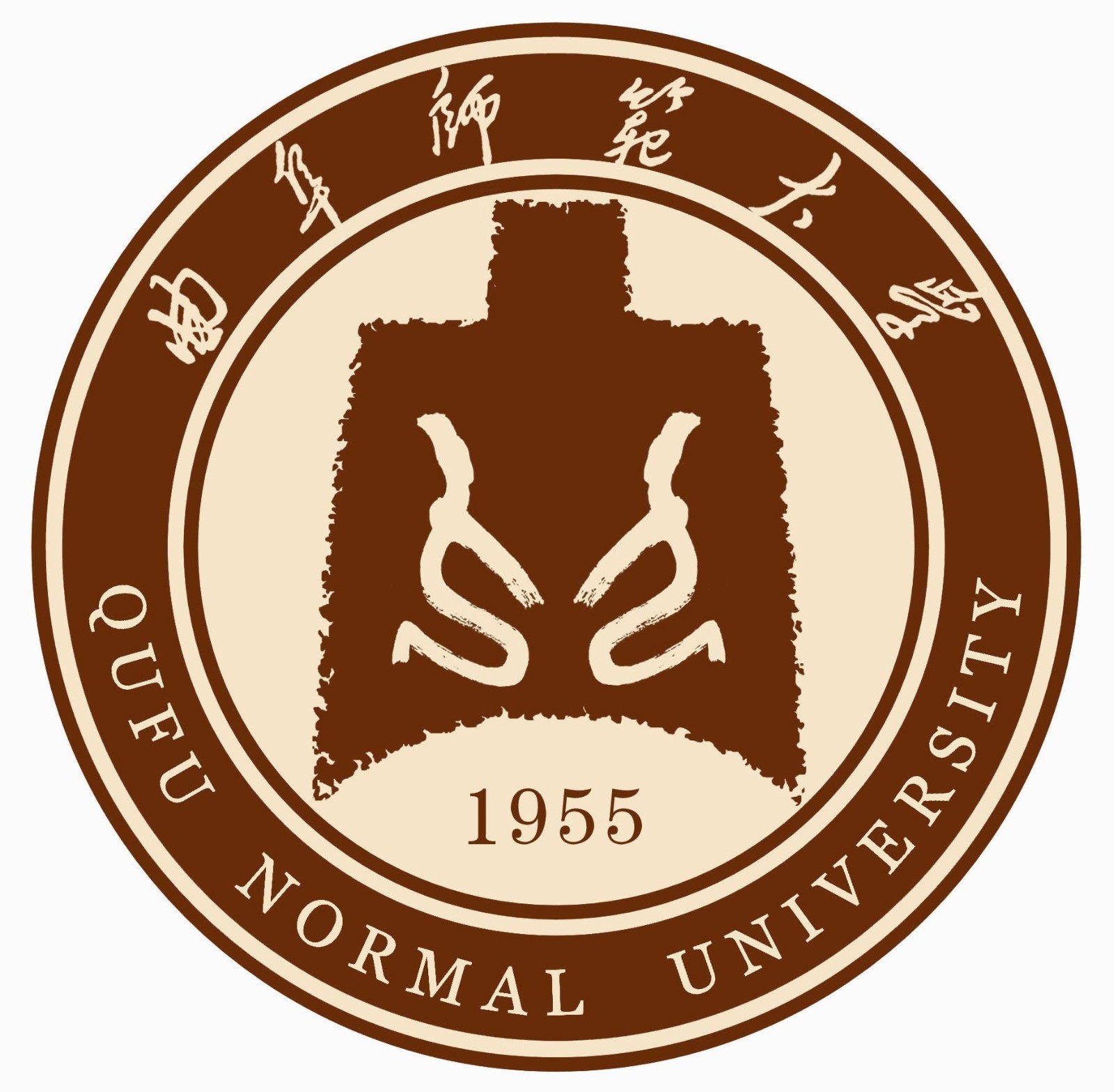Anguo Yinga, b, ⁎, Linsheng Baia, Xubao Jianga, Runpu Shenb, Yujing Liua, Zhongqiu Liua, Boosting catalytic efficiency of lipase by regulating amphiphilic microenvironment through reversible addition-fragmentation chain transfer polymerized modifications on polyacrylonitrile fiber, International Journal of Biological Macromolecules, 2024, accept.
Abstract: Lipases are increasingly attracting attention in green and sustainable biodiesel production. Currently, the research emphasis lies in immobilizing unstable lipase onto carriers to enhance its performance. Polyacrylonitril fiber (PANF) is considered to be a promising material for lipase immobilization due to its excellent properties. In this study, functional carriers with regulated surface hydrophobicity were obtained by loading functional groups on PANF via reversible addition-fragmentation chain transfer (RAFT) polymerized modification, and Candida rugosa lipase (CRL) was covalently immobilized on the carrier with glutaraldehyde as a linker. By employing this optimized biocatalyst PANF@BMA&2VImBr-NH2-CRL in the transesterification process, the yield of biodiesel derived from soybean oil reached an impressive 92.7 %. The outstanding performance can be attributed to the activation of lipase interface induced by hydrophobic microenvironment derived from alkyl ester on the carrier skeleton. Moreover, the stability and storage performance of immobilized lipase were significantly improved. The immobilized lipase exhibited facile recovery and maintained a consistent biodiesel yield of 80.9 % even after undergoing 5 cycles of reuse, thereby highlighting its potential for sustainable production. To sum up, our research demonstrates that the designed and prepared process of PANF-supported lipase offers a promising approach for enzyme immobilization, thereby presenting extensive potential applications in the field of biotechnol-ogy.
Keywords: Polyacrylonitrile fiber, Hydrophobic modification, Lipase immobilization, Transesterification, Biodiesel
